College of Science, Engineering & Technology
Filter this and file the date
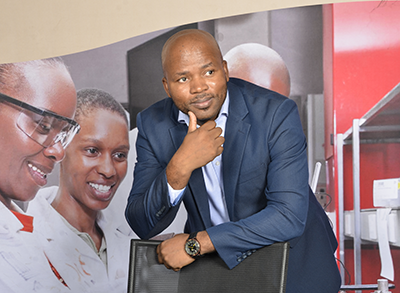
Prof Edward Nxumalo (Chair: AMSIC-2 and associate professor in NanoWS)
The College of Science, Engineering, and Technology (CSET) is gearing up for the second African Membrane Society International Congress (AMSIC-2) to take place at the Unisa Science Campus from 29 July to 1 August 2018.
According to Edward Nxumalo, AMSIC-2 chair and associate professor in Unisa’s Nanotechnology and Water Sustainability (NanoWS) Research Unit, this meeting aims to capture key technological advances in fields that are heavily dependent on membrane filtration systems such as water, air quality, biomedical sciences, microelectronics, biopharmaceuticals, chemical manufacturing, energy and mining, oil, gas, and power generation.
Membranes and more
From an educational perspective, this meeting will review the latest synthetic routes in to the formation of membrane materials and filtering media. It will reflect on new approaches of merging academic and industrial research without compromising the quest for basic scientific advances.
From a socio-economic perspective, AMSIC-2 will seek to determine how filtration technologies can tackle practical challenges more effectively. These challenges are associated with better access to clean water, improved air quality, the processing of industrial and biopharmaceutical fluids by adopting environmentally friendly practices, and improved healthcare and patient protection.
What does AMSIC-2 mean for CSET and Unisa in light of the 145-year celebrations?
In line with Unisa’s 145-anniversary celebrations, hosting one of the biggest international conferences on membrane science and technology is a huge milestone for the university and CSET. This congress will enable knowledge transfer and scientific advances during a very important year in the institution’s history.
The congress will also showcase Unisa and the college to international academics, scientists, and other stakeholders when it comes to the kind of research conducted and technologies developed by this remarkable institution.
According to CSET Executive Dean Professor Bhekie Mamba, the college has embarked on an intensive internationalisation campaign and strategy. The aim is to enhance the global stature of the college while also displaying the research achievements of scholars. To this end, hosting an international conference such as AMSC-2 already underpins the objectives that the college has set for itself.
This conference will also attract delegates to the state-of-the-art facilities that Unisa has invested in with the aim of setting up collaborative research projects with other international scholars.
Furthermore, the meeting will deal with important technical, scientific and socio-economic issues regarding membrane science and technology. It will also discuss broader issues related to membrane material and development that will be of interest to institutional, academic and industrial participants.
Who are the drawcards?
In conclusion, Nxumalo mentions that the programme will be rich in content. “We have put together a great line-up of distinguished international speakers, including professors Jas Pal Badyal, a Fellow of the Royal Society, Durham University, UK, Jianxin Li from the State Key Laboratory of Separation Membranes and Membrane Processes in Tianjin Polytechnic University, China, Glenn Lipscomb of the Department of Chemical Engineering, University of Toledo, USA, and Rong Wang of the School of Civil and Environmental Engineering, Nanyang Technological University, Singapore. These are well-known scholars and experts in the fields of membrane science and technology,” he said.
There will also be two post-conference workshops, which will be running concurrently: a workshop on membrane for water, energy and the environment, and a workshop on air quality, in which many students from Africa will participate.
AMSIC-2 delegates will be afforded a chance to tour Unisa’s state-of-the-art facility and laboratory infrastructure. They will also be able to sightsee in Johannesburg and neighbouring areas, where they will visit places such as the Lion Park, Nelson Mandela Square, Gold Reef City, the Cradle of Humankind, Soweto Towers, Vilakazi Street, and many other places.
For more information, please contact the Executive Organising Committee at amsic-2@unisa.ac.za.
*By Thembeka Ntuli-Mpapama
Publish date: 2018-05-11 00:00:00.0

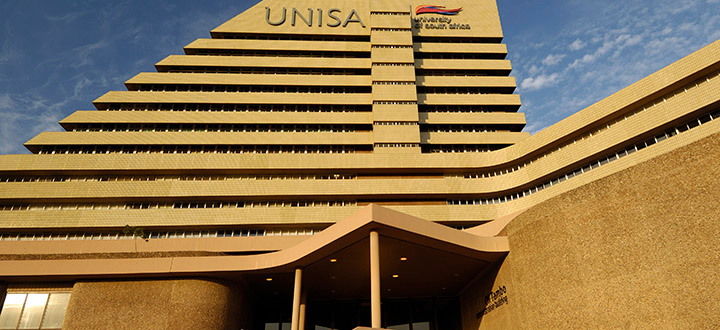 Unisa remains anchored among the waves
Unisa remains anchored among the waves
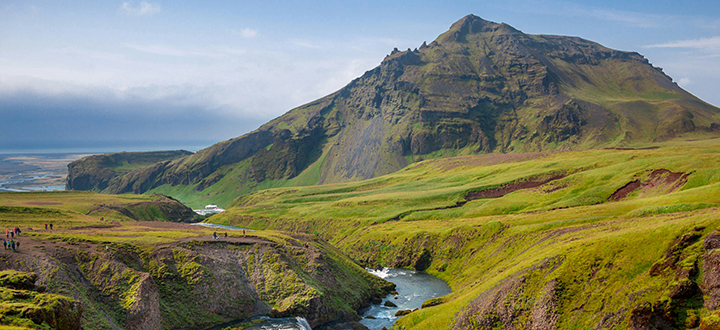 Inhlanyelo Hub explores sustainable tourism initiatives in Marico Biosphere Reserve
Inhlanyelo Hub explores sustainable tourism initiatives in Marico Biosphere Reserve
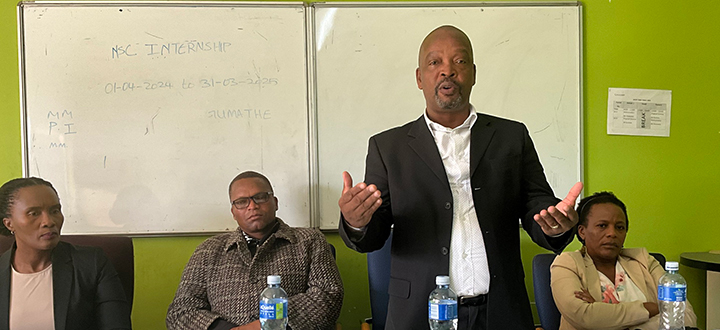 Unisa KZN Region explores extending university services to KwaMpungose community
Unisa KZN Region explores extending university services to KwaMpungose community
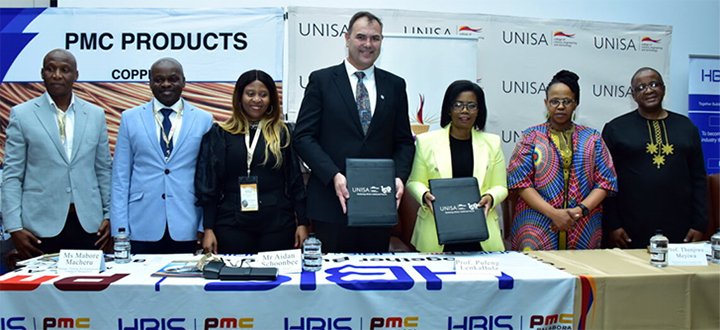 Unisa's catalytic niche areas provide industry-focused mining innovations
Unisa's catalytic niche areas provide industry-focused mining innovations